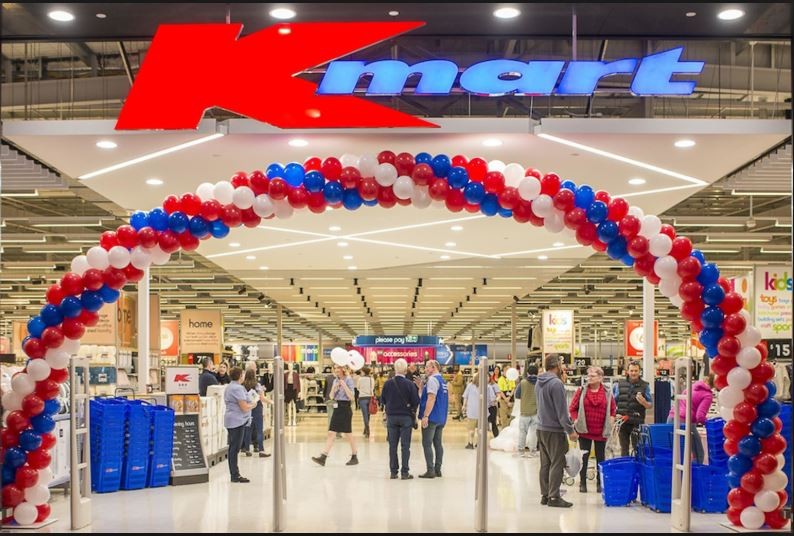Kmart has sparked controversy by proposing to abolish the traditional “smoko” break, citing declining smoking rates and changing worker habits.
The retail giant, along with other big players like Coles, Woolworths, and Costco, has submitted 17 proposed changes to worker entitlements to the Fair Work Commission.
But what does this mean for employees, and is it a fair move?
The Argument for Ditching the “Smoko”
According to Kmart’s head of supply operations, Chris Melton, the majority of their workforce is made up of young people who prefer to hydrate during their shift rather than taking a break.

With smoking rates on the decline, Kmart argues that the traditional “smoko” break is no longer necessary.
The Australian Retailers Association (ARA) is supporting this proposal, suggesting that workers should be allowed to take their 10-minute paid break at the end of their shift, rather than being forced to take it during their shift.
What Else is on the Table?
The ARA is proposing a total of 17 changes to the retail industry award, including:
- Waiving unpaid meal breaks for shifts up to six hours
- Allowing bosses to roster breaks without advance notice
- Reducing the gap between finishing one shift and starting the next from 12 hours to 10
- Not paying loading to full-time staff who earn more than 25% above standard rates for overtime, evening, and weekend work
Unions Fight Back
However, retail unions are strongly opposing these proposals, arguing that they could lead to the disappearance of rest breaks altogether.
The Shop Distributive and Allied Employees Association (SDA) believes that employers are using the decline of smoking as a “smokescreen” to erode workers’ rights.
“The fact that fewer people smoke these days or that some workers carry water bottles does not detract from the real purpose of these brief breaks,” said SDA national secretary Gerard Dwyer.
Why Rest Breaks Matter
The Retail and Fest Food Workers Union is also speaking out against the proposals, highlighting the importance of rest breaks for workers who are “forced to work in the cold or heat, or in fast-paced environments, or have customers treating them appallingly.”
Secretary Josh Cullinan added that young workers need time to recharge, check their phone, or catch up with family – it’s not just about smoking or hydration.
What’s Next?
The retail unions have until mid-February to respond to the ARA’s submissions, with a 10-day hearing scheduled to start on March 17.
As the debate heats up, one thing is clear: the fate of the “smoko” break hangs in the balance.
Will Kmart and the ARA succeed in axing this traditional break, or will the unions fight to preserve workers’ rights? Only time will tell.

